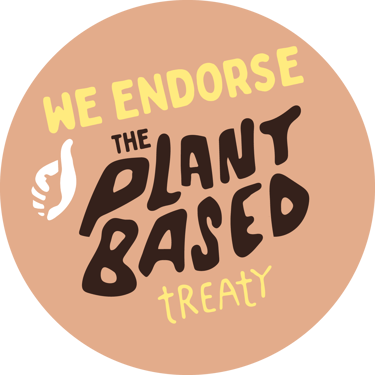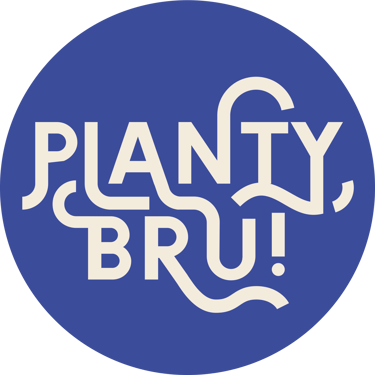
Creating spaces for learning,
connection, and positive
change, for humans and animals.


Explore Our Events




Vegan Markets
+ Fundraisers
Come hang out, try amazing vegan food, and explore local vendors with cruelty-free goodies. Every market is a little different, featuring live entertainment, collabs and fundraisers to support local animal rescues and community projects.
We’re all about creating a laid-back, welcoming space where everyone can explore veganism at their own pace. Grab your friends, swing by, and follow us on Instagram and Facebook to see when the next one’s happening!
GQ's Vegan Music
+ Art Festival
Our Vegan Music & Arts Festival is all about creativity, community, and incredible vegan food! We bring together local musicians, artists, and makers, giving them a platform to share their talent while creating a fun, welcoming space for everyone.
Enjoy live music, browse local vendors and artists, and get creative at our community canvas or drawing table. And, of course, there’s plenty of delicious vegan food to try! Come for the art, stay for the vibes, and be part of something special.
Vegan Lunches
+ Get-Togethers
Join us for good food and great company! Hosted at different restaurants around the city, our vegan lunches and get-togethers are a chance to try delicious vegan dishes, support local spots, and connect with like-minded people.
Whether you’re vegan or just curious, come hang out, make new friends, and be part of an amazing community. Follow us on Instagram and Facebook to join the next one!
Photo by Zintle Nojoko
For us, veganism is more than just food...
it’s about compassion, justice, and choosing to shape a kinder future for animals, people, and the planet. Through our events, we create spaces for connection and community, because every action counts.
That’s why we proudly endorse the Plant Based Treaty.
Animal agriculture is a leading driver of deforestation and biodiversity loss, fuelling climate, ocean, and animal crises. The solutions are clear: phase out fossil fuels and shift to a plant-based food system. Change must happen at every level — from individuals to businesses to governments — and it needs to happen now.





